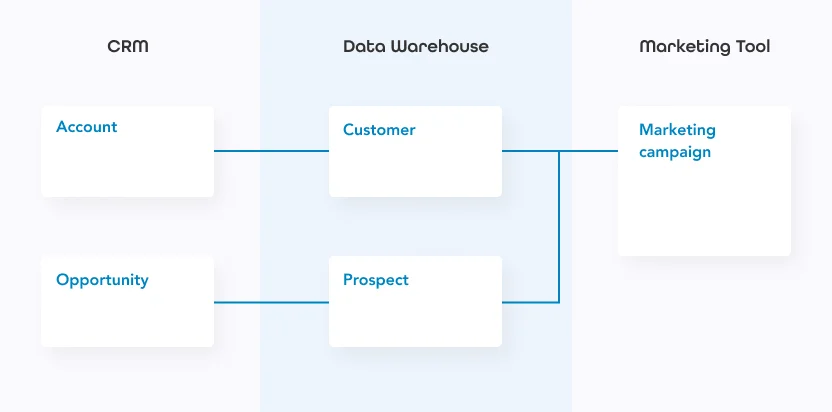The assessment of the quality of low-carbon data has become a crucial issue for modern companies striving to combine marketing performance and environmental responsibility. At the same time, the use of the random forest algorithm stands out as a powerful solution for optimizing digital campaigns. This algorithm allows for the effective analysis and exploitation of vast amounts of available data while highlighting the importance of key variables. In this dynamic environment, digital marketing professionals can thus improve the precision of their strategies and maximize their impact while minimizing their carbon footprint.
In a world where sustainability is becoming increasingly crucial, the assessment of the quality of low-carbon data is essential for companies looking to minimize their ecological footprint. Utilizing the random forest algorithm becomes a major asset in digital marketing. This algorithm, known for its ability to handle a massive amount of data while easily determining the importance of variables, allows for the optimization of marketing strategies while respecting environmental imperatives. By combining these technological advances, companies can not only improve their efficiency but also adopt a more environmentally friendly approach.

Table of Contents
ToggleAssessment of the Quality of Low-Carbon Data
In the world of digital marketing, managing data quality is critical, especially when it comes to low-carbon data. This data is not only important for sustainable marketing strategies but also for predictive analysis and informed decision-making. Assessing this quality requires implementing rigorous methodologies, which often include regular data audits to ensure their accuracy and reliability.
Use of the Random Forest Algorithm Model
The random forest model is a powerful technique in machine learning, ideal for handling complex datasets, including those related to environmental quality. Created by Leo Breiman, this model combines several decision trees to improve accuracy and minimize classification errors. Due to its ability to handle heterogeneous data and high dimensionality, it is particularly well-suited for digital marketing.
By leveraging a random forest, marketing experts can better understand the factors that influence consumer behaviors, allowing for a finer personalization of campaigns. For example, in a context where one seeks to minimize the carbon footprint of marketing actions, the model can identify the most effective and sustainable methods.
Impact on Digital Marketing
Adopting machine learning techniques such as random forests profoundly transforms digital marketing. Not only does it allow for a more accurate predictive analysis, but it also helps optimize the use of low-carbon data. As a result, companies can achieve their sustainability goals while maximizing their return on investment. These innovative practices are already being implemented by companies concerned about their environmental impact and aspiring to responsible marketing practices.
Qualité des données, épisode 2 :
— data.gouv.fr (@datagouvfr) April 13, 2021
Un nouvel outil pour accompagner les producteurs de données sur la saisie, la validation et la publication de données de qualité.
➡️ https://t.co/RuXPKtWsZd #OpenData pic.twitter.com/VNiHJLfEkb











